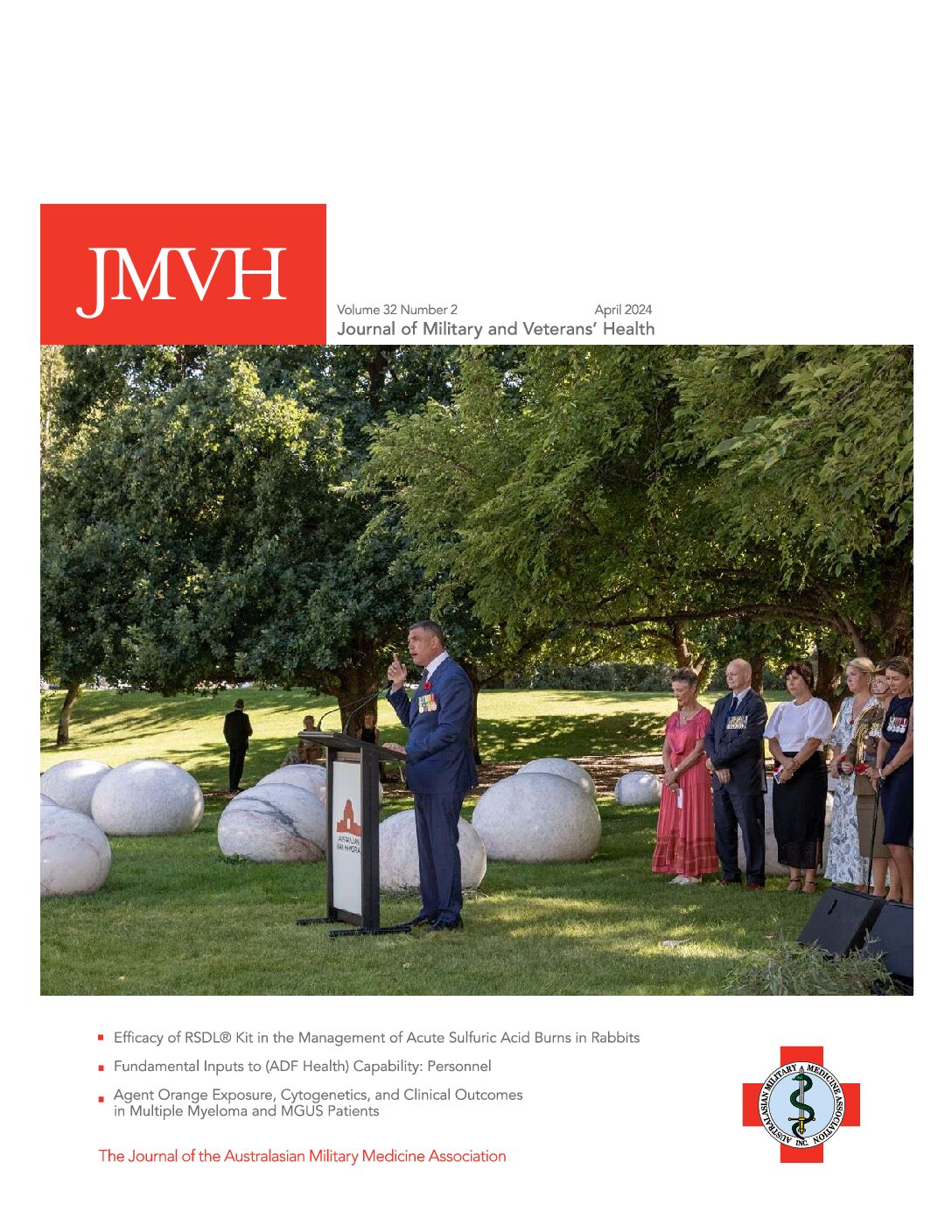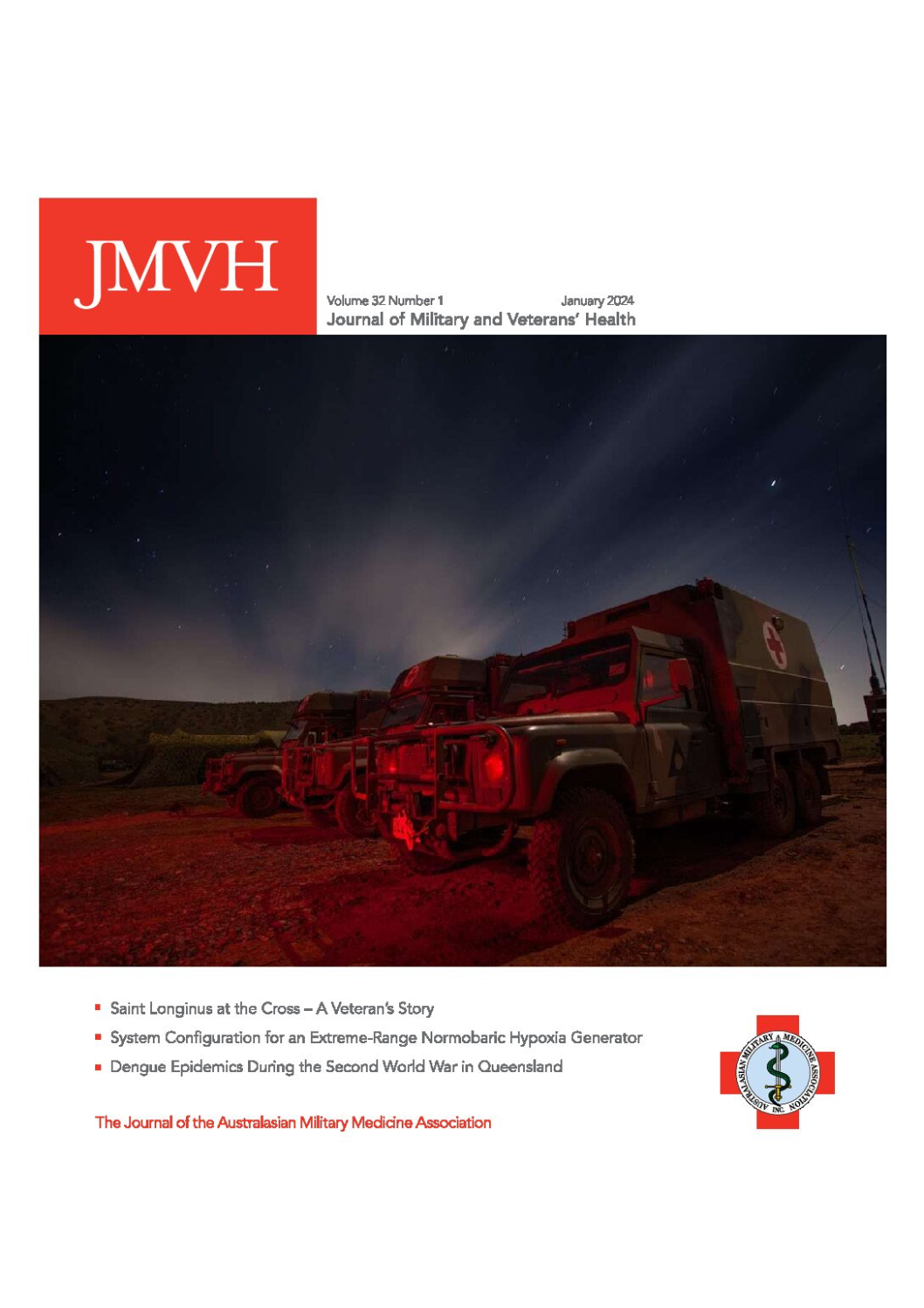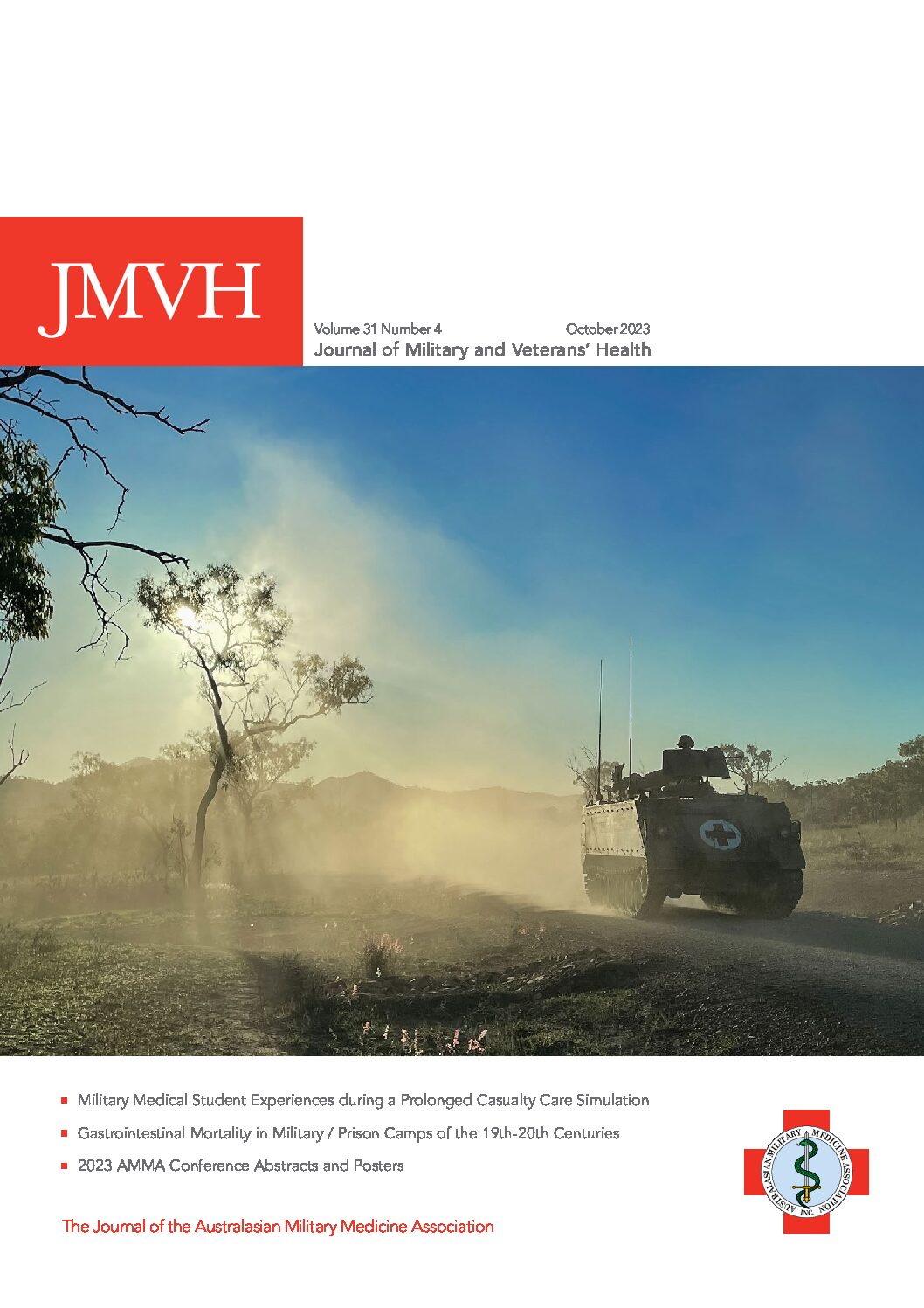Gupta L, Ward J, Hayward RSA. Future directions for clinical practice guidelines: Needs, lead agencies and potential dissemination strategies identified by Australian general practitioners. ANZ J Pub Health 1997; 21(5): 495-499
There has been an increasing interest in developing clinical practice guidelines for general practitioners as a means of improving health outcomes. We conducted a survey of a national random sample of Australian general practitioners in May 1995 to determine their needs, preferred formats and dissemination strategies and to identify potential lead agencies for guidelines development. Of 373 eligible general practitioners, 286 (77 per cent) returned completed questionnaires. At least 50 per cent of respondents considered guidelines in angina, psychotic illness, skin cancer and attention deficit disorder as ‘extremely’ or ‘very’ useful. However, three other topics identified as areas for future guidelines development in Better health outcomes for Australians were so rated by less than half of the general practitioners suedey. The Australian Cancer Society and the Australian Medical Association outranked nine other organisations in terms of credibility in guidelines development. Innovative formats including computerised medical records or text, were not highly rated, consistent with our finding that only 27 respondents (9 per cent) had Internet access. Strategies nominated as likely to increase the adoption of a guideline included a personal visit by a trained nurse. A lecture about its content or a Medicare rebate being available when a patient was managed in accordance with the guideline. Public health practitioners and nominated lead agencies are encouraged to respond to these findings and recognise potential strategies to enhance the effective dissemination of guidelines. Interventional studies are required to demonstrate and allow understanding of changes in clinical practice attributable to guidelines.
Cregan P. The case for clinical practice guidelines. United Med Protect J 1997; 2:16-17
Where are the goal posts, your honour?
There are currently in excess of 20,000 published guidelines so it is too late to argue against their use or publication. The problem we face is the use and abuse of guidelines, particularly in a medico-legal context.
Comment: Clinical practice guidelines, and how they are implemented, are becoming important issues for all health care systems. The ADF needs to consider these guidelines and provide appropriate direction on how they are to be used. As Cregan intimates, we can get ourselves into some deep medicolegal water if they are not used appropriately.
Katz IA, Hale GE, Hudson BJ, Ibels LS, Eckstein RP, Dermott PL. Glomerulonephritis secondary to Barmah Forest virus infection. Med J Aust 1997; 167(1):21-25
Clinical infection with Barmah Forest virus (BFV) is becoming increasingly recognised with serological testing. We report the first case of glomerulonephritis after BFV infection. The patient required diuretic and antihypertensive therapy, but made an almost complete recovery. BFV infection should be considered in the differential diagnosis of glomerulonephritis.
Comment. Another good reason to ensure that troops deployed in Northern Australia are adequately protected from mosquitos.
Aplin PJ, Eliseo T. Ingestion of castor oil plant seeds. Med J Aust 1997; 167(5):260-261
Ingestion of seeds of the castor oil plant is rare. and may cause toxicity but rarely death. The presumed toxic component is ricin, a highly potent cellular poison. We report the case of a young adult who ingested a large number of the seeds, causing initial toxicity, but with subsequent full recovery. The management of such ingestions and the apparent discrepancy between the extreme toxicity of ricin and the generally milder toxicity of ingested seeds are discussed.
Comment. An interesting review of the accidental ingestion of ricin. Pure ricin remains a lethal biological warfare agent which is far more toxic if it is inhaled rather than ingested.
Commander Andrew Robertson RAN is a medical officer specializing in NBC and Underwater Medicine, and presently serving at the Navy’s Fleet Base West as the Senior Medical Officer, HMAS Stirling.






